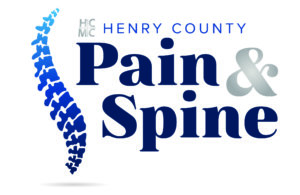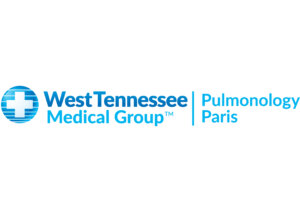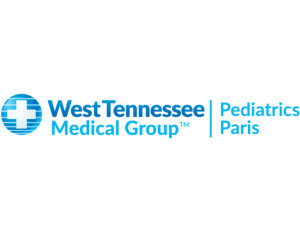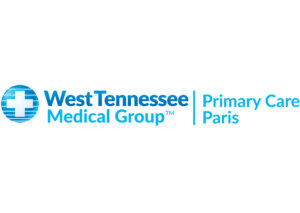
The Henry County area has experienced a heat wave already this summer, with the heat index way above normal temperatures for June. This summer is more important than ever to protect yourself from the heat and heat-related illnesses such as heat stroke, heat exhaustion, heat cramps and sunburn. Follow these prevention strategies to protect yourselves and your families:
- Wear lightweight, light colored, loose-fitting clothing and wide-brimmed hats.
- Stay indoors in an air-conditioned space as much as possible.
- Plan outdoor outings for early mornings or late evenings when it is cooler out.
- Stay hydrated by drinking plenty of fluids. Water is better at keeping you hydrated than sugary drinks or alcohol.
- Apply sunscreen often. Use an SPF of 15 or higher and apply 30 minutes prior to going outside and reapply every two hours or more often if needed.
- Take cooler baths or showers.
- Take frequent breaks if working or exercising outdoors.
- Stay informed- check your local news for extreme heat alerts and be more cautious during these times.
- Do NOT leave children or pets inside of cars. With the heat as high as it has been, it will not take long to warm up to above normal temperatures in a car leading to heat stroke, heat exhaustion or death.
Anyone is at risk for a heat related illness, but some people are at a greater risk than others. Infants, young children and people 65 years of age and older are at the greatest risk. People who are overweight or physically ill, especially with heart disease, or who take certain mediations are also at a greater risk. People who overexert during work or exercise also need to be cautious.
Heat stroke and heat exhaustion have many of the same warning signs. They are heavy sweating, headache, dizziness, nausea, confusion, muscle cramps, high body temperature, tiredness, weakness or passing out. If you see someone experiencing these symptoms, move them to a cooler place. Help lower the person’s temperature with cool cloths or a cool bath. Give them plenty of water to drink if they are able. If you see a person with the following symptoms, you should call 911 and seek immediate medical attention:
- Body temperature above 104 degrees Fahrenheit
- Confusion
- Loss of consciousness
- Now sweating, even though they feel hot
- Shortness of breath
- Excessive nausea or vomiting
- Seizure
For more information or questions about heat-related illnesses call the Henry County Medical Center Findline at 731-644-3463 or visit us at www.hcmc-tn.org.









